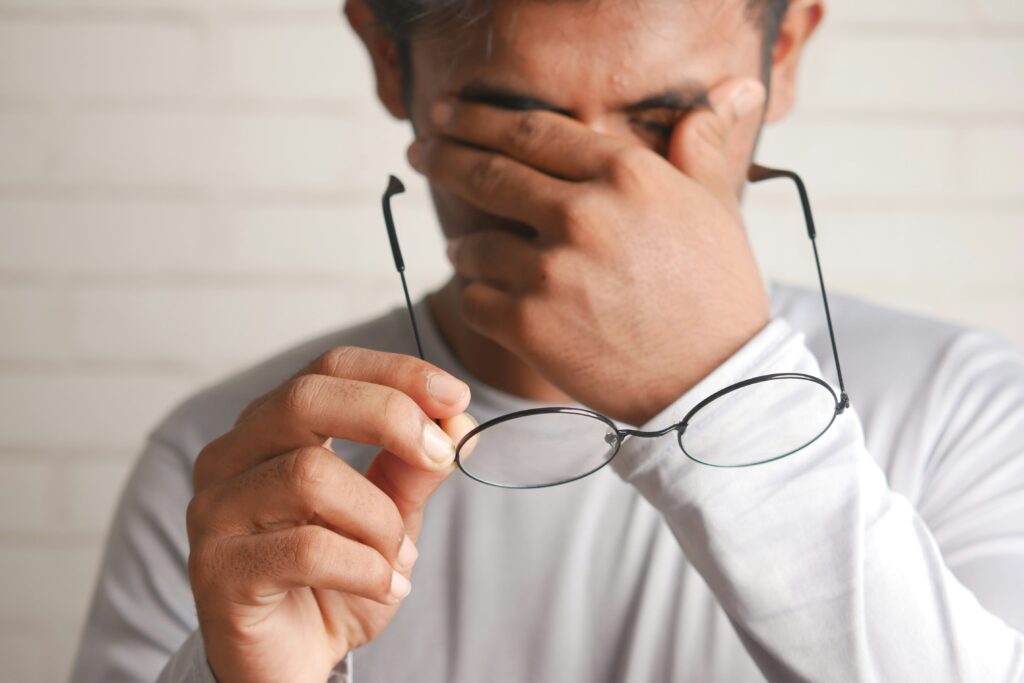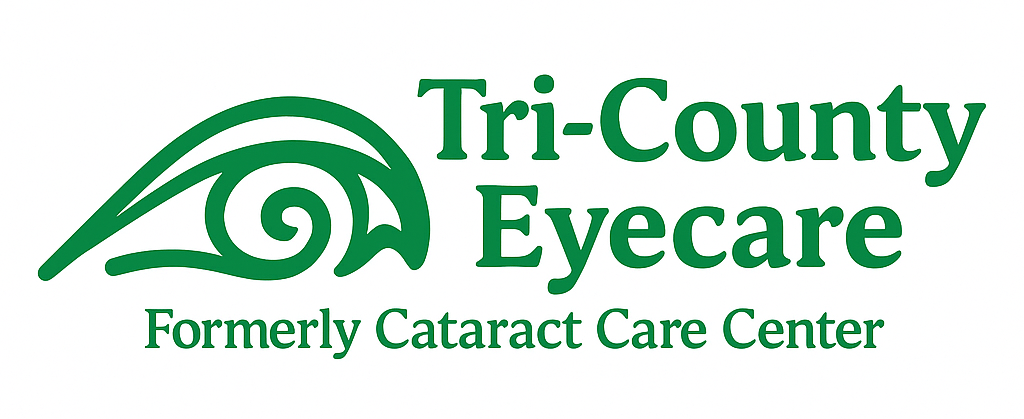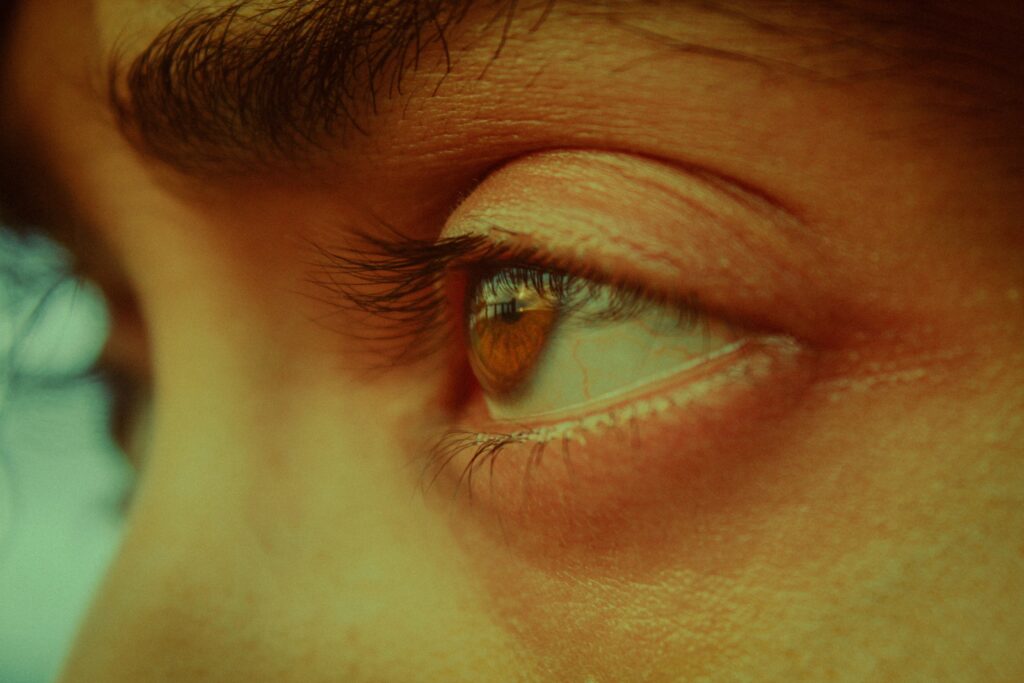
Dry Eye
Almost all of us have experienced itchy, red or dry eyes at some point. Dry eye syndrome is characterized by a chronic lack of lubrication causing irritation in the eyes. Depending on the cause and severity of the condition, dry eye syndrome may not be completely curable. However, most cases can be managed successfully.
If you experience constant irritation from dry eye, let our staff of experts help you relieve your symptoms. With years of collective experience, our team has helped countless patients manage chronic dry eye with the appropriate tools and treatments. Schedule a consultation with us today to learn more about the treatment options we offer.

